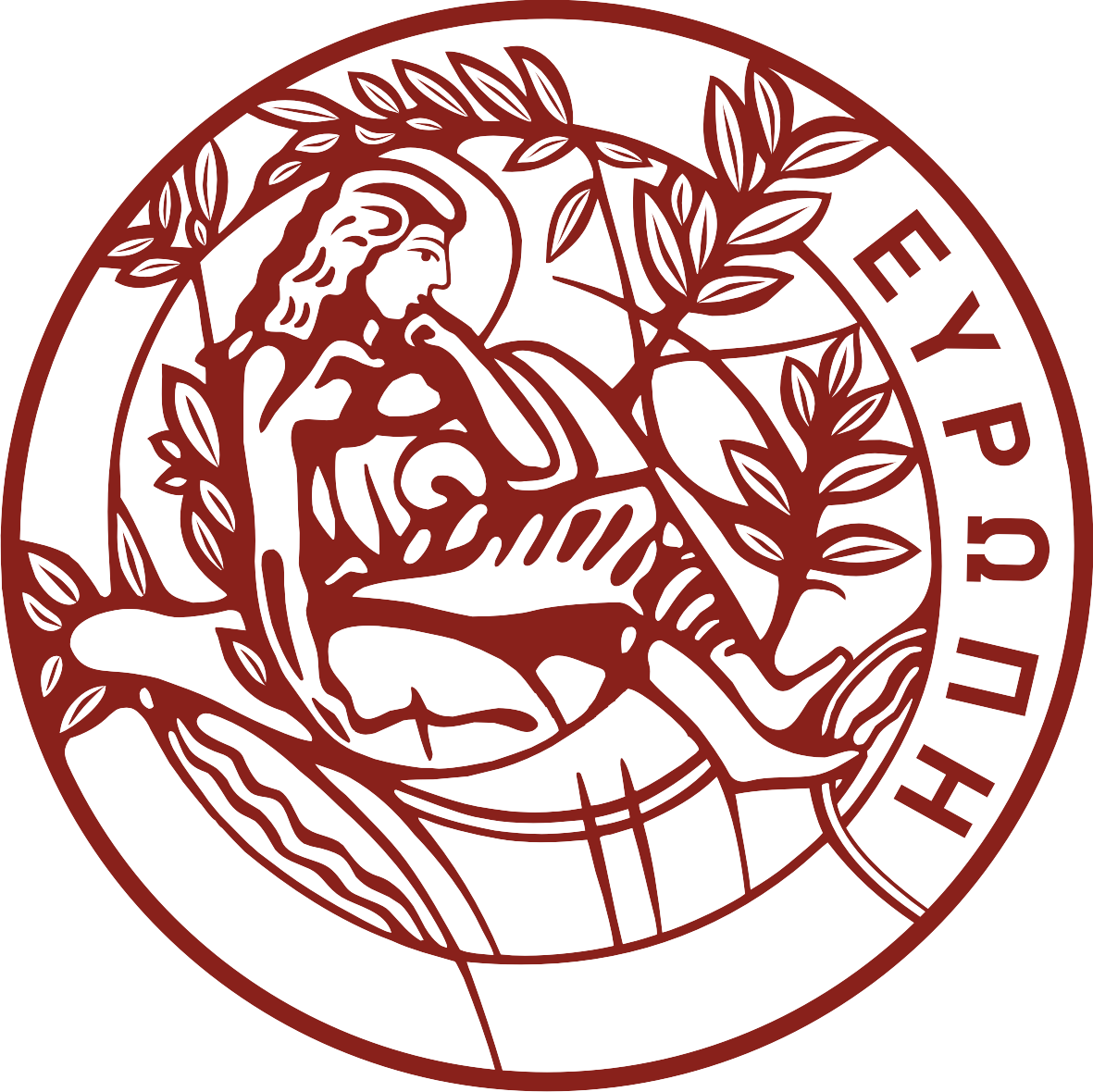In the realm of computer vision, our faculty is dedicated to continuously pushing the boundaries of what machines can perceive and understand about the visual world. We are deeply immersed in pioneering cutting-edge algorithms and techniques, specializing in deep learning for visual data, image and video analysis, object recognition and scene understanding. Our goal is to equip machines with the ability to interpret visual data as proficiently as humans. Significant research is placed on the topic of human-centered computer vision, that is, on the development of technical systems that are able to measure and interpret aspects of human presence in images and videos. The research carried out in the field of computer vision enables the development of applications ranging from medical image analysis and remote sensing to augmented reality, autonomous vehicles, human-computer interaction and human-robot interaction.
In the domain of robotics, our research activities are focused on creating intelligent and autonomous machines that can operate in the real world and interact seamlessly with their environment. We are committed to enhancing robot action and perception, navigation, and decision-making capabilities. This involves research into core robotics topics that involve autonomous navigation in harsh environments, path and task planning, robot state estimation and control, balancing and locomotion and grasping and manipulation. Our work encompasses a broad range of robotic fields such as humanoid and (multi)legged robots, all types of UxVs (UGVs, UAVs, USVs, UUVs), wheeled robots, robot companions, as well as custom-designed robotic devices.
In both computer vision and robotics, our department places a strong emphasis on interdisciplinary collaboration. We work closely with experts in fields like machine learning, artificial intelligence, and human-computer interaction to harness the latest advancements and apply them to our research. Through a combination of theoretical exploration and practical implementation, we strive to create cutting-edge solutions that not only advance the boundaries of science but also have a profound impact on industries, society, and the way we interact with technology in our daily lives.
In this page you will find the research activities that are currently being carried out in CSD according to the research areas that the faculty members are actively contributing to.
The Graduate Studies Program in the Computer Science Department at the University of Crete is carried out in close cooperation with the Institute of Computer Science (ICS) of the Foundation of Research and Technology (FORTH). This collaboration includes:
(1) Researchers and scientists from ICS-FORTH may undertake the teaching of graduate courses.
(2) Researchers from ICS-FORTH may participate in the supervision of M.Sc. and Ph.D. theses, after approval by the Coordinating Committee for Graduate Studies and by ICS-FORTH.
(3) After application by a supervisor or by the Coordinating Committee for Graduate Studies, and assuming permission is granted by ICS-FORTH, graduate students may be given access to the hardware, software and in general the laboratory facilities at ICS where they may carry out part or all of their research.
(4) The Department and ICS-FORTH may jointly invite professors and researchers from other institutes of higher education within Greece or in other countries to give seminars, lecture series, even complete courses, and to collaborate research-wise with researchers and graduate students of the Department and of ICS-FORTH.
(5) The Institute of Computer Science at FORTH provides a number of bursaries for graduate students and supports financially collaboration of graduate students with other Institutes of Higher Education and Research Centers, within its limits and in accordance with the familiar stipulations.



 Announcements
|
News
Announcements
|
News

